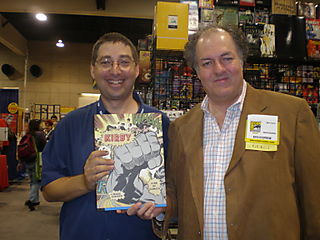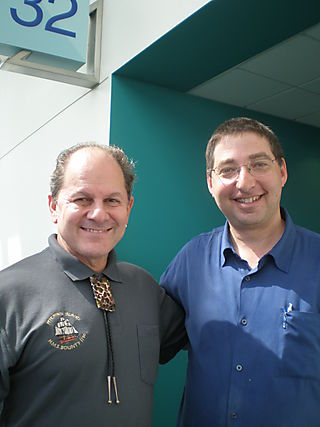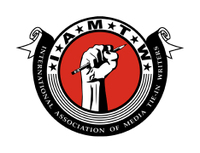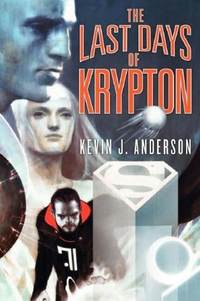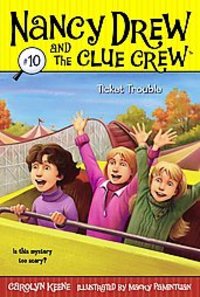I'm going in to a major studio next week to pitch a TV series. In advance of the meeting, the studio wants you to send them a very short log line of the concept, sort of the equivalent of a TV Guide listing. Assuming that they like the log-line, a few days before the meeting they will send you the "Drama Series Pitch" format that they expect you to follow for your verbal presentation. Here it is:
THE TEASER—Pitch out a tease that grabs your audience, that is visual, gives a sense of the world, tone and set up of our show.
THE WORLD—After you have grabbed our listener, tell us what the world is and why you want to do a show about it.
THE CHARACTERS-Outline
our characters in order of importance, allowing what makes each one distinct to
shine through (quirks, traits, backstory). Also discuss character dynamics, how each character relates to each other and what their point of views are about each other. Tell us about triangles, rivals, love interests, etc.THE PILOT—Broad stroke the rest of the pilot. Do not go beat by beat or act by act. This should really just be broad strokes and key plot points which help establish character and set up. Also, your pilot needs to serve as an example of what a typical episode would look like (i.e. an example of a closed-ended story and examples of character conflicts).
THE SERIES—discuss what an episode of your show looks like, where you want to go in series, potential storylines and character arcs and entanglements.
THE TONE—You want to make sure you have clearly established the tone of your show and may want to hit it again in the wrap up at the end. It is often helpful to use shows that people are familiar with.
I've been in the TV business for a while, and I have done hundreds of pitches, but this is the first time anyone has ever given me a required format. I guess that the studio has been hearing a lot of meandering, unfocused, boring pitches lately.
In general, I have no problem with their format, and would certainly have included most of what they want in my pitch anyway, though perhaps not in that order.
Doing it their way is fine for me and has actually helped us focus our pitch and tighten it up. But I think there are some cases where rigid adherence to their format could kill a pitch. Not all series ideas are best told with a teaser and the pilot story…nor do all ideas lend themselves to comparisons to previous series ("It's HANNAH MONTANA meets THE SHIELD with a touch of BATTLESTAR GALACTICA").
Also some writers just have a natural, entertaining way of pitching that suits their personality and thinking that might not follow a template…but still gets the key points across that the studio is looking or. Asking those writers to adjust to a particular template might throw them off and undermine what otherwise would have been a great pitch.

